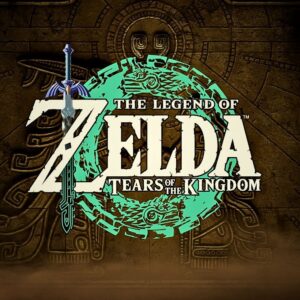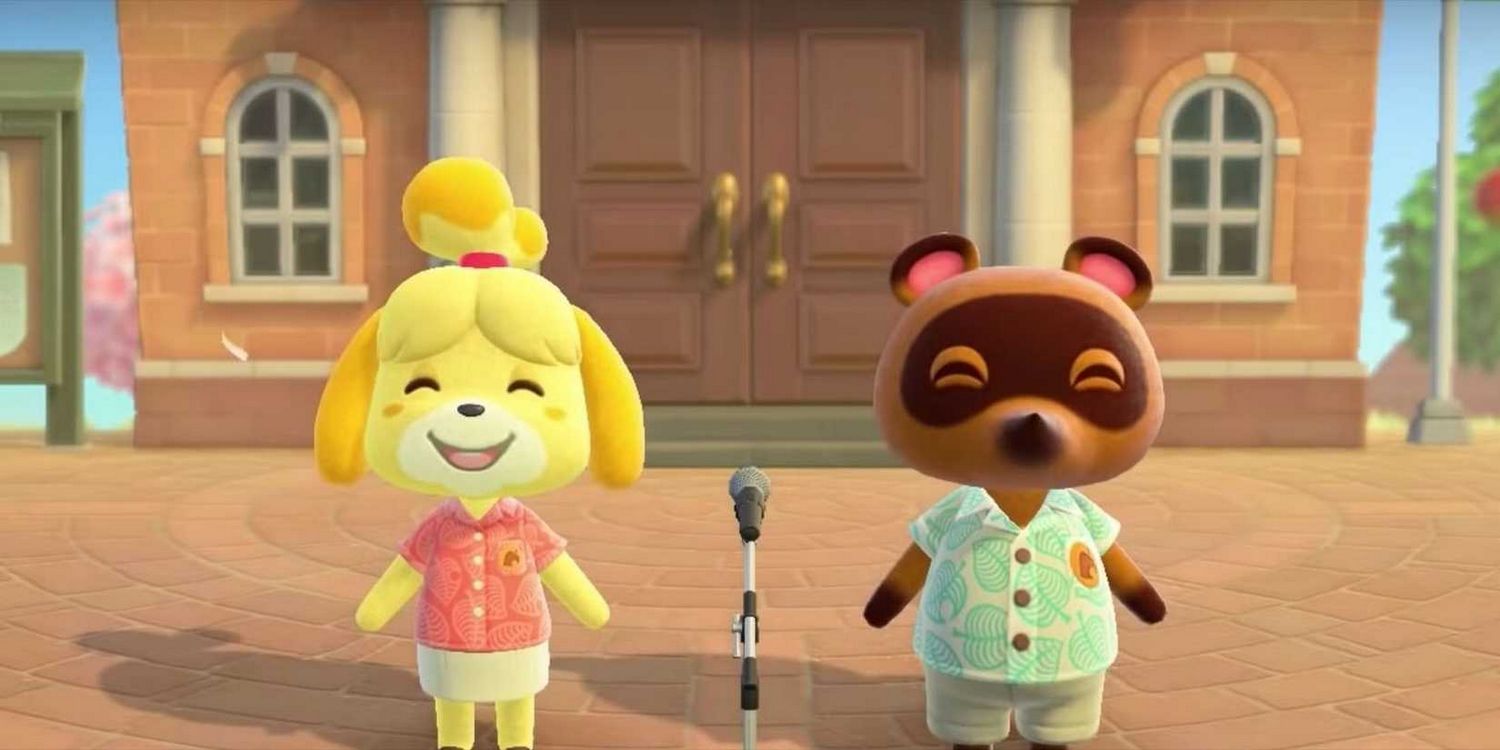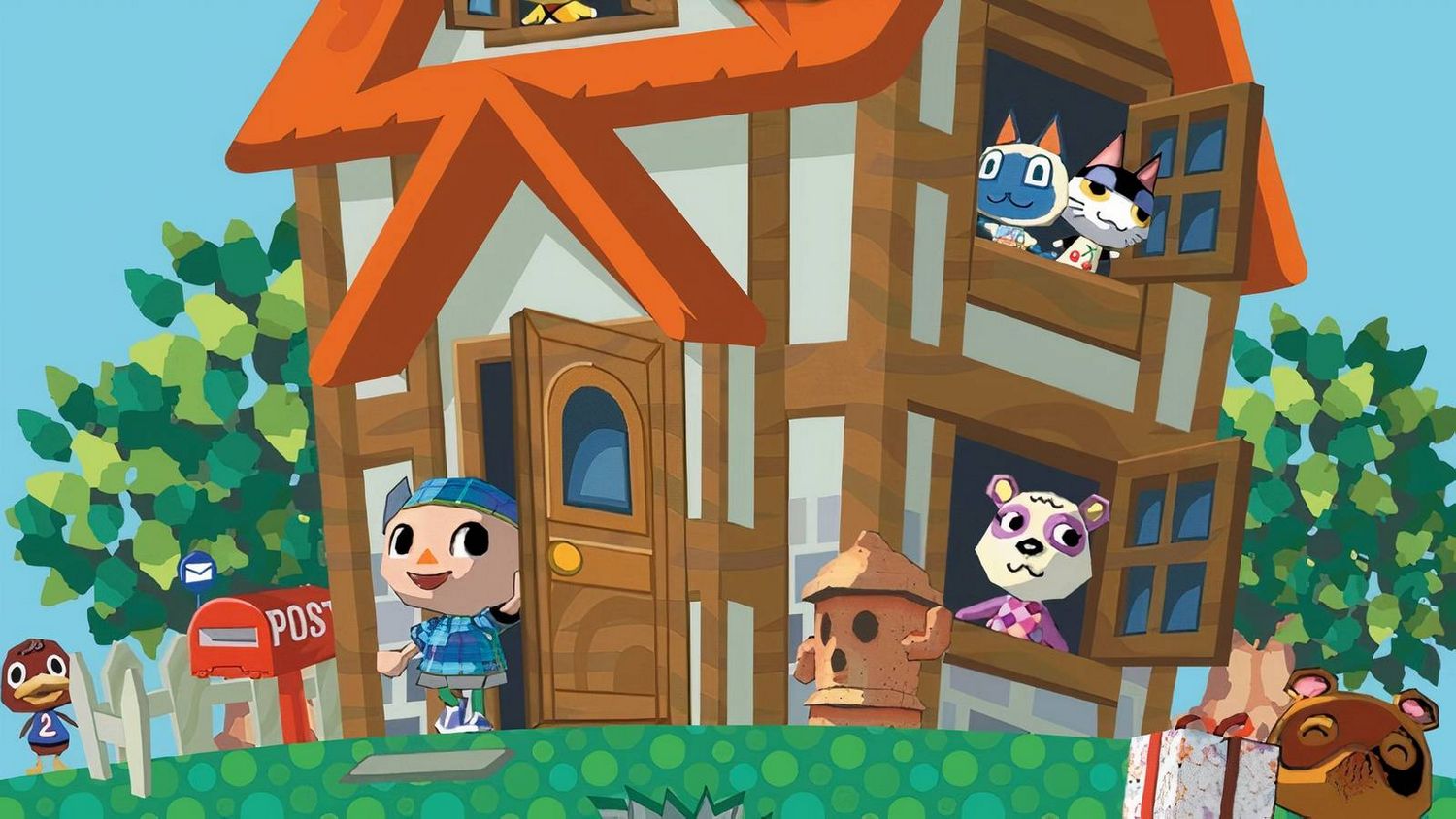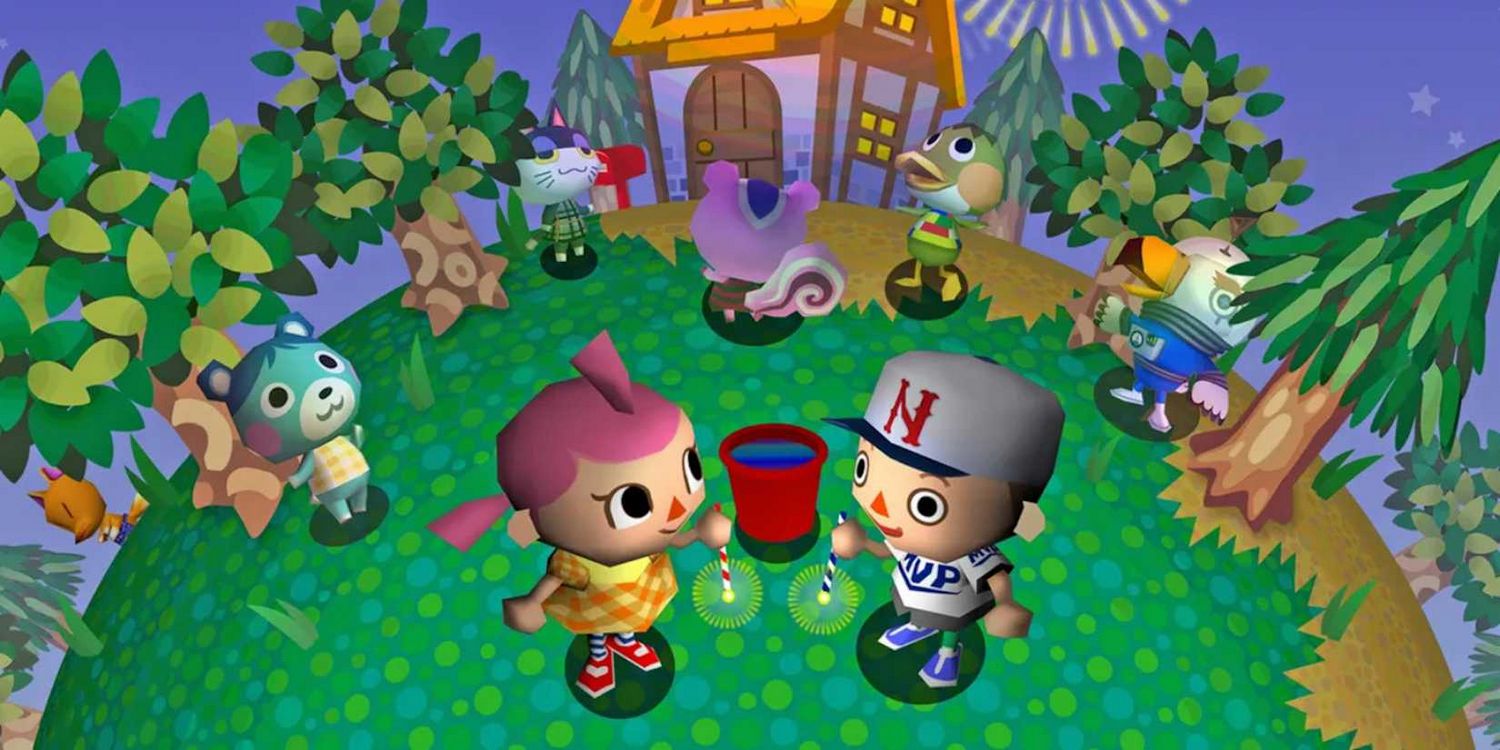Unearthing a Lost Title: The Secret History of Animal Crossing’s Localization
Popular Now
 Fortnite
Fortnite
 Among Us
Among Us
 CarX Street
CarX Street
 Black Myth: Wukong
Black Myth: Wukong
 Auto X Drift Racing 3
Auto X Drift Racing 3
 Rust
Rust
 Toca Boca World
Toca Boca World
 EA SPORT FC 25
EA SPORT FC 25
 God of War Ragnarök
God of War Ragnarök
 Stumble Guys
Stumble Guys  In the vast world of video game development, the journey from a Japanese-exclusive title to a global phenomenon is often filled with fascinating detours and creative decisions. The beloved social simulation game, Animal Crossing, is no exception. While its Japanese title, Dōbutsu no Mori, translates directly to “Animal Forest,” its Western localization underwent a rigorous and lengthy process that could have resulted in a completely different name. A recent interview with a former Nintendo localization manager has shed new light on this captivating piece of gaming history, revealing that the game was almost released under a different, and perhaps more fitting, moniker: “Animal Acres.”
In the vast world of video game development, the journey from a Japanese-exclusive title to a global phenomenon is often filled with fascinating detours and creative decisions. The beloved social simulation game, Animal Crossing, is no exception. While its Japanese title, Dōbutsu no Mori, translates directly to “Animal Forest,” its Western localization underwent a rigorous and lengthy process that could have resulted in a completely different name. A recent interview with a former Nintendo localization manager has shed new light on this captivating piece of gaming history, revealing that the game was almost released under a different, and perhaps more fitting, moniker: “Animal Acres.”
The Genesis of a Global Hit
To fully appreciate the significance of this revelation, it’s crucial to understand the context of the game’s original development. The idea for Dōbutsu no Mori was born from director Katsuya Eguchi’s personal experience of moving from his hometown to Kyoto for his job at Nintendo. The sense of isolation and the desire to recreate the feeling of community with friends and family were the core themes that drove the game’s creation. The initial concept, surprisingly, was not a cozy life simulator, but a dungeon-crawling RPG. The player, a “powerless” hero, would rely on animal companions with unique abilities to navigate through treacherous dungeons. This early idea was developed for the 64DD, an ill-fated disk drive peripheral for the Nintendo 64. When the peripheral was ultimately canceled, the team had to pivot, leading to the game we know and love today.
 From “Animal Forest” to “Animal Acres”
From “Animal Forest” to “Animal Acres”
When it came time to localize the game for Western audiences, the team at Nintendo of America, including former localization manager Leslie Swan, faced a monumental challenge. Simply translating the Japanese title to “Animal Forest” was considered, but the team felt it didn’t quite capture the essence of the game for an international market. The game was far more than just a forest; it was a village, a community, and a personal space for the player to build and customize. According to Swan, the localization team brainstormed numerous names, but her personal favorite was “Animal Acres.”
The name “Animal Acres” was inspired by the game’s town layout. The grid-based system for planting trees and placing furniture resembled the structured plots of land known as acres. This name felt intuitive and directly connected to a core gameplay mechanic. Swan recalls the team being “in love” with the name, but ultimately, it was rejected during the trademarking process. This highlights a common, yet often unseen, hurdle in the video game industry: the legal and commercial complexities of intellectual property. A great name in the creative process doesn’t always clear the necessary legal and business checks, forcing developers to look for alternatives.
 The Impact of a Name: The Rise of “Animal Crossing”
The Impact of a Name: The Rise of “Animal Crossing”
The name “Animal Crossing” was eventually approved, and it proved to be a stroke of genius. While “Animal Acres” focused on the physical space, “Animal Crossing” captures the social heart of the game. It refers to the player “crossing” paths with animal villagers, fostering relationships, and building a community. This subtle but profound shift in focus perfectly encapsulated the game’s core themes of friendship, community, and the passage of time. The title “Animal Crossing” is now synonymous with the cozy gaming genre and has become an iconic brand. It’s an interesting thought experiment to consider if the game would have achieved the same level of mainstream popularity under a different name. Would “Animal Acres” have resonated with players in the same way? The current title suggests movement and interaction, key elements that have made the franchise a global success.
 The Legacy of Localization and Game Branding
The Legacy of Localization and Game Branding
The story of Animal Crossing’s name is a powerful reminder of the importance of localization in the global gaming market. It’s not just about translating words; it’s about translating cultural context, emotional resonance, and the very identity of the game. The localization team’s struggle to find a name that would resonate with a diverse Western audience is a testament to the meticulous and creative work that goes into bringing a game to a new market. This process is a high-stakes endeavor, where a single decision can significantly impact a game’s commercial and critical success. The story also offers a valuable insight into the commercial and legal challenges of game branding and marketing.
- Search Engine Optimization (SEO): A well-chosen title and strong branding are crucial for SEO, helping a game stand out in a crowded market and attracting organic traffic from a global audience.
- Customer Acquisition: The right name can be a powerful tool for customer acquisition, drawing in new players who are intrigued by the title and its promise of a unique experience.
- Brand Loyalty: The enduring success of the Animal Crossing franchise, with its strong brand loyalty and a passionate fanbase, can be traced back to its effective branding and naming.
Ultimately, the fact that the team had so many other names “in love” with before settling on “Animal Crossing” highlights the intense deliberation that happens behind the scenes. While “Animal Acres” is a fascinating what-if, the final title has become an irreplaceable part of gaming history. It’s a testament to the careful craft of localization and the power of a name to define a game’s legacy.











 From “Animal Forest” to “Animal Acres”
From “Animal Forest” to “Animal Acres” The Impact of a Name: The Rise of “Animal Crossing”
The Impact of a Name: The Rise of “Animal Crossing” The Legacy of Localization and Game Branding
The Legacy of Localization and Game Branding